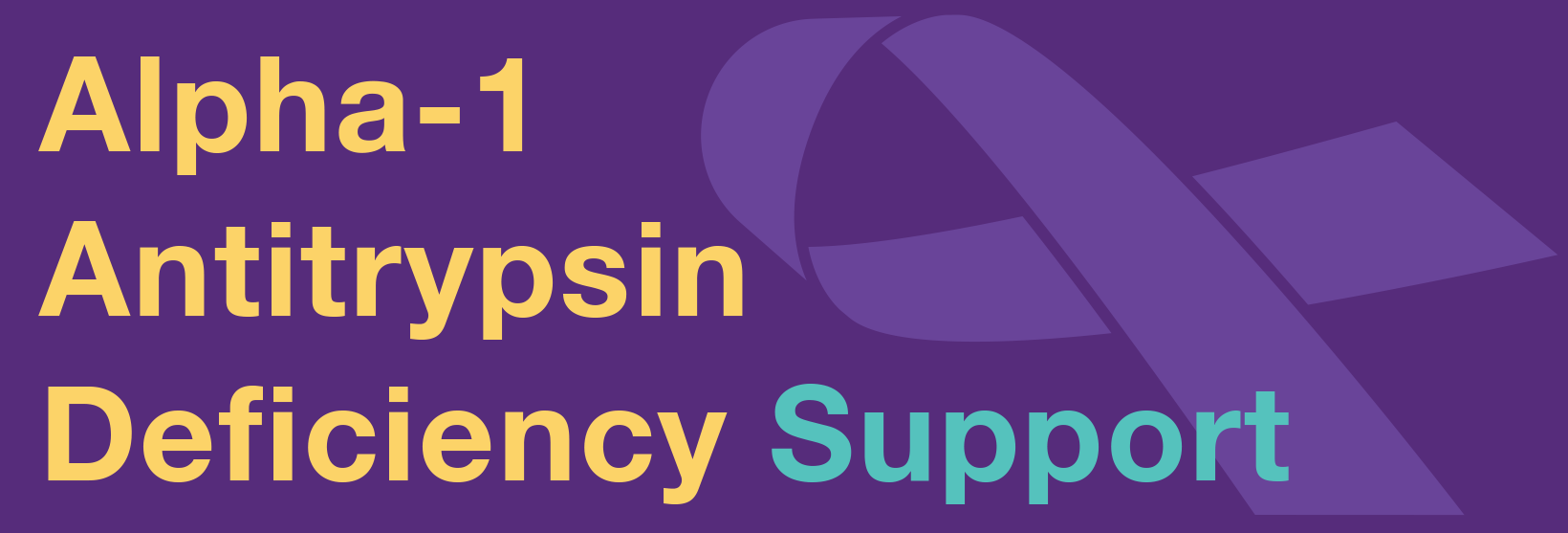Your Alpha-1 genotype is FI. This means that you have a rare form of AATD. AATD is a genetic condition that raises the risk, to a varying degree, for the development of chronicA condition or illness that arises slowly over days or weeks and may or may not resolve with treatment. It is the opposite of acute. More obstructive pulmonaryMedical term referring to the lungs. More disease (COPD) and, in some cases, liver disease. The F mutation produces a dysfunctional alpha-1 protein product. The I mutation results in a reduced quantity of Alpha-1 protein in the blood and is believed to be risk-raising when combined with another Alpha-1 mutation. The FI genotype, based on a limited amount of literature, may be associated with an increased risk of developing lung disease. We would stress that not all individuals with this genotype develop lung disease and exact risks are not known. This genotype is not known to raise risks for liver disease. We recommend that you follow-up with a physician to discuss personalized screening or management recommendations. A list of Alpha-1 specialists can be found at www.alpha1.org.
Alpha-1 at MUSC – Genetic Counseling
.Because Alpha-1 is a genetic condition, your result means that your relatives are at increased risk to also have AATD or carry abnormal alpha-1 genes. We encourage you to make your family members aware of the condition in your family and the availability of testing. In order for your relatives to have accurate testing the test must look for both the F and I mutations. AATalpha-1 antitrypsin More level testing is not accurate to detect Alpha-1 involving the F mutation. Reproductive partners of people with abnormal alpha-1 genes should also be offered testing to assess risk to children.
F: dysfunctional
- Near normal level but doesn’t bind neutrophil elastaseA powerful enzyme released from white blood cells to fight infection, but it can attack normal tissues (especially the lungs) if not tightly controlled by alpha-1 antitrypsin. Source: Genetics Home Reference. More well
- AATalpha-1 antitrypsin More levels may be normal in Alpha-1 involving the F
- Likely lung risks like a Z
- No liver accumulation
I: Likely S-like
What is Your Phenotype and What Does it Mean? – Kimberly Foil, MS, CGC, Genetic Counseling Program, Alpha-1 Foundation; Division of PulmonaryMedical term referring to the lungs. More and Critical Care Medicine, Medical University of South Carolina (MUSC)
- Moderate deficiency allele
- Not known to accumulate in the liver

